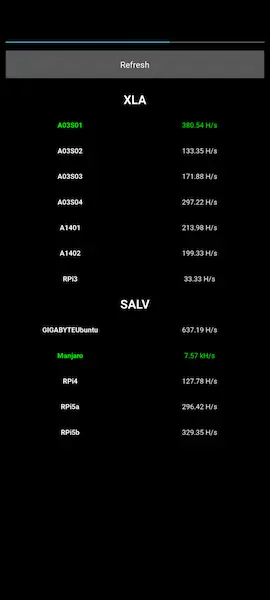I wasn't aware of the term “vibe coding” (and for the record, I hate it) until my friend Zenders said it in a Discord chat just a few weeks ago. At first, I thought he was talking about a new programming language or framework—"Vibe". Turns out it's just a trendy way of describing coding with AI. Not a new technique, just a new label.
I'm not a Luddite. I like AI. I pay for ChatGPT Plus, I run local models, I've set up my own image and voice generators. It's baked into how I work now. I use it to clean up my blog posts—this one included—and it makes me faster and more focused. But even with all that, I can't help but worry a little about where this is going for the industry and more importantly all those people who "learned to code."
I've been coding with AI for a while now, but I didn't really lean into it until the last six months. In the beginning, it was just a toy—something to poke at. I'd use it to write what I call "junk functions." Not useless, just the kind of repetitive logic that doesn't deserve your full attention. Sorting arrays, formatting data—stuff I used to lose time over was now one quick prompt away. The results weren't perfect. Early on, it was primitive and outdated, everything came back with var, and I haven't typed var since bootcamp in 2017 (even then it was outdated). You still had to clean it up. But even then, it was usable.
And now? I'm genuinely blown away by what it can do. As I type this, I am getting off a project where I attempted to create a mobile app using Python. A few things to consider:
- I've never made a mobile app. I've strictly been a browser based developer.
- I can read Python, but I haven't used it very much in 15 years. I made a Twitter repost bot once.
- I didn't write a single line of code.
- It worked.
It’s not the prettiest app, but it does exactly what I need—and now I can finally close the two browser tabs I kept open on my phone every day. I wrote a post about the more technical aspects of it.
If you told me ten years ago—back when I was debating whether to go to bootcamp—that I'd one day be building mobile apps in a few hours just by describing what I wanted to an AI, I might've picked a different path. I've spent my career learning how to write clean code, how systems communicate, how to debug. Now, AI can spit out working solutions in seconds. It makes a lot of that hard-won knowledge feel almost disposable.
But I'm not blackpilled about it. If anything, I'm more excited about programming now than I've been since I was a junior dev. It's just... different. Vibe coding feels like what loggers must've felt seeing their first chainsaw—thrilled, uneasy, and aware the landscape just shifted.
The work isn't going away—but the space is getting tighter. There's less room for average. More pressure to really understand what's happening under the hood. AI can speed you up, but it can't think for you. It's going to throw errors, miss edge cases, and create bugs that only get worse as your projects grow. You still need to know how to read code, how to debug, and how to structure logic. Vibe coding isn't a shortcut—it's just a new kind of tool. John Carmack recently had a lot to say about it, and it keeps me hopeful. The game is changing, but it's not over.
